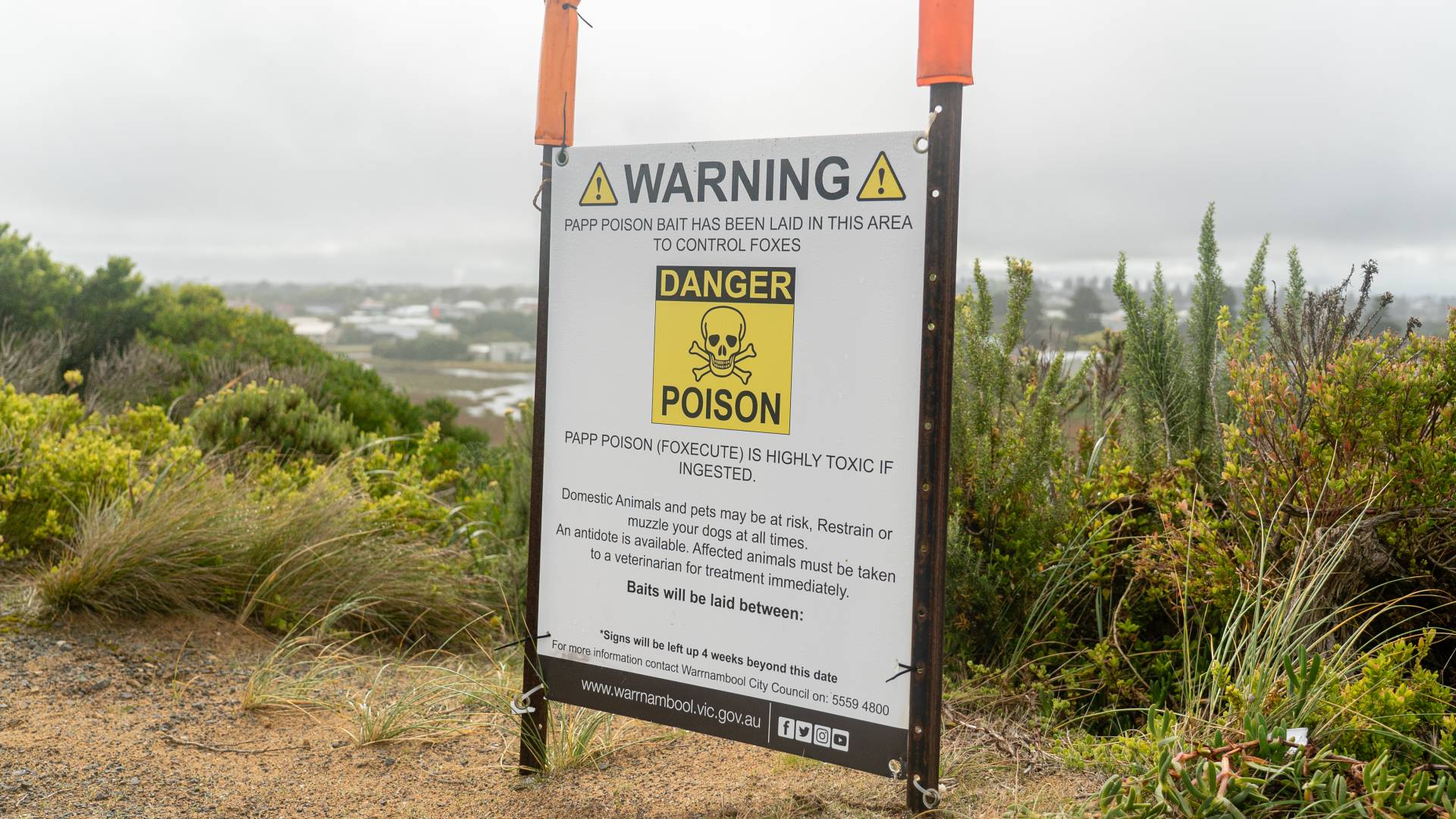For well over a decade, the Northern Tablelands region has had a program in place for managing Johnes Disease in sheep.
If you have Johnes Disease diagnosed in your flock or suspect you have Johnes Disease, there are no longer movement and quarantine restrictions. If you are selling sheep, you must disclose their disease status using a Sheep Health Statement. Similarly, if you are buying sheep, the best way to determine disease status or disease risk is using the information on a Sheep Health Statement from the vendor.
We have modified our advice and extension messaging as cases of Johnes Disease have been diagnosed in Northern Tablelands sheep flocks. We recommend people request a Sheep Health Statement prior to purchase.
The risk of introducing Johnes Disease (JD) to your flock is influenced by a range of factors:
- Sheep movement and purchase decisions you make now and have made in the past
- What testing has occurred in flocks from which you have purchased
- Guddair vaccination program in flocks where you purchase sheep
- The trading history of the flocks you have purchased from
- The geographic area where your farm is situated and potential for environmental spread (still only a few diagnosed cases of JD on the Northern Tablelands).
- Whether your neighbours have JD
- What testing you have undertaken and your attention to farm biosecurity practices
- Your flock’s vaccination status
- The location from which the sheep are sourced and whether the sheep are homebred or from a trader’s flock
- Grazing management strategies you have in place to minimise pasture contamination
The principles of farm biosecurity are simple.
- Determine the biosecurity risk of animals before purchase or delivery
- Retain records of all purchased stock
- Inspect and quarantine stock on arrival
- Perform induction procedures such as vaccination and drenching on arrival
- Keep introduced livestock separated from the flock until you are confident, they do not pose a risk to the health of your flock
- Investigate health problems in livestock.
We will continue to work with individual sheep producers and help them develop their Farm Biosecurity Plans to minimise the risk posed by Johnes Disease. If groups of individual producers wish to work together, we can consider developing smaller localised biosecurity groups. This could be for Johnes Disease or any other disease of concern.
If you wish to discuss farm biosecurity or animal health issues, please contact one of our biosecurity team in any of our offices. Visit this link for Sheep, Cattle and Goat Health Statements.








